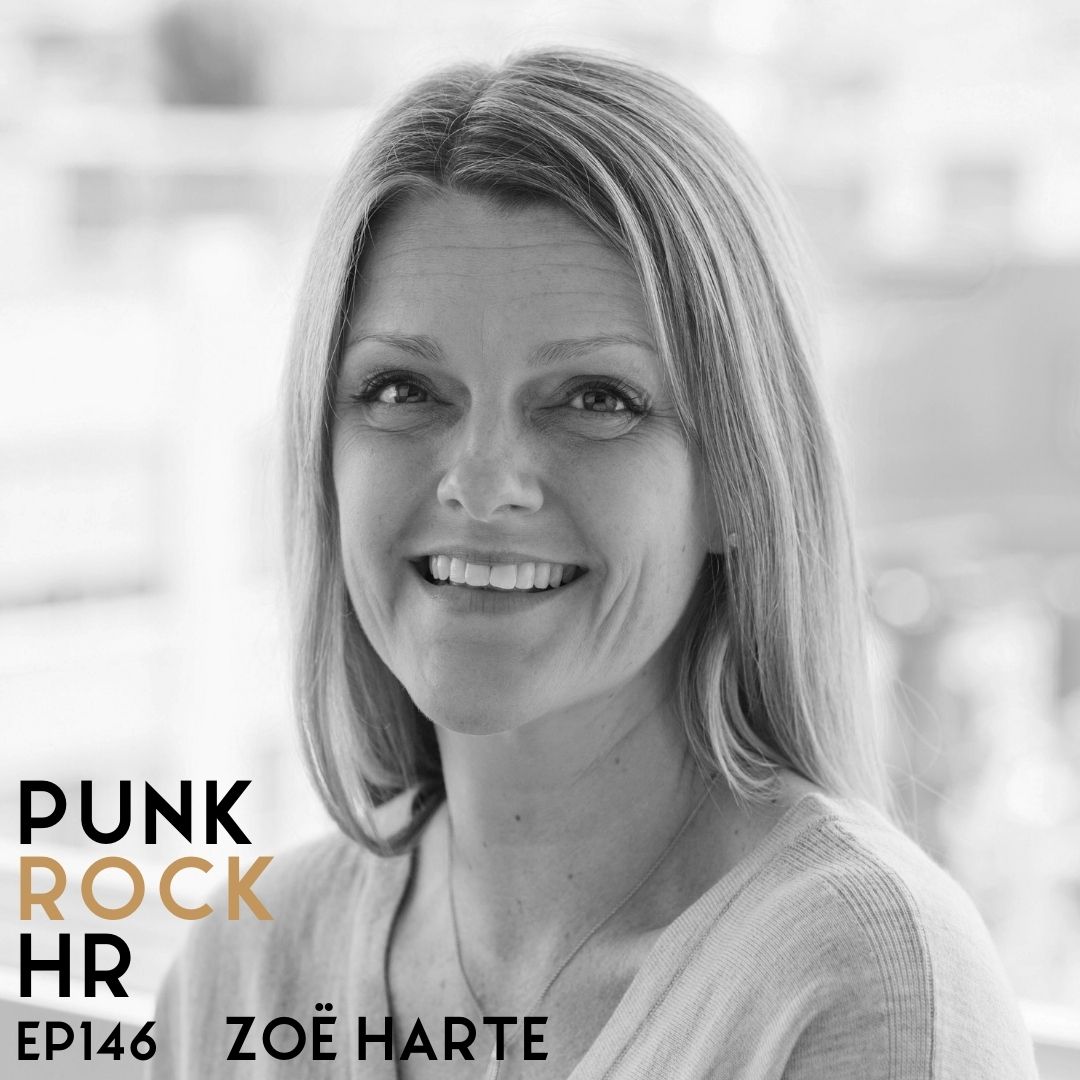
Are you ready to head back into an office? Or wish you could just stay home and freelance instead? Many of us may soon find ourselves navigating a hybrid workforce, where the lines between contractors and employees are messier than ever.
My guest in this episode is Zoë Harte, chief people officer at Upwork, and she’s here to talk about just what that might look like in practice. Zoë is passionate about the gig economy, remote work, and diversity and inclusion — all of the issues facing a critical inflection point in the coming months.
If you’re interested in the intersection of work, politics, power, money, remote work and creativity, we talk about it all. So sit tight, enjoy the conversation, and prepare to face the future.
New Situations Call for New Behaviors
Last year, it felt like the world was turned upside down. We had to adapt to new situations ourselves, and HR leaders were responsible for helping the new hybrid workforce to adapt, too. “We needed to do some things strategically and in terms of our cultural norms to change the behaviors,” Zoë says. She experimented with giving employees dedicated time to work on projects and allowing them to set parameters for interactions on their calendars.
And the results were overwhelmingly positive. “As we look to the future, we know that we want to continue investing in that,” Zoë says. “So we have created a role for team enablement.” While this role is often adopted by passionate HR folks, it rarely receives a dedicated title and resources, which signal that workforce adaptation is a priority.
Authenticity Paves the Way for Connection
COVID-19 turned our attention to something that should have been a priority all along: building genuine human connections. And that starts with sharing your authentic self, from your joys to your struggles — especially as a leader. “If you create the illusion that everything is perfectly dialed, then everybody around you feels like that’s how they need to show up,” Zoë says.
Set an example for your team. Be authentic and honest with each other. Share your struggles, and ask your colleagues and team members how they’re coping with everything (Yes, including the freelancers!). “Every single one-on-one I do starts with a real conversation about how the person is doing,” Zoë says. “Talk to me about what’s going on for you.”
Being able to bring our authentic selves boosted engagement in 2020. Don’t lose sight of the people you work with as we move forward as part of a hybrid workforce.
Hybrid Workforces are the Future
Freelance workers are becoming more integrated with W2 employees. This signals a shift in workforce dynamics. Freelance workers can’t be divorced from your company’s vision, and you must provide all the information they need to produce great work for you. “Having that connection in that context really, really helps them do their very best work,” Zoë says.
Zoë embraces that model. Every team at Upwork includes both full-time employees and independent workers. And it works. When set up correctly, hybrid teams can improve functionality and agility. “You’re able to do so much more with a hybrid workforce than you were with just a one-size-fits-all one,” Zoë says.
People In This Episode
- Zoë Harte: LinkedIn, Twitter, and business website.